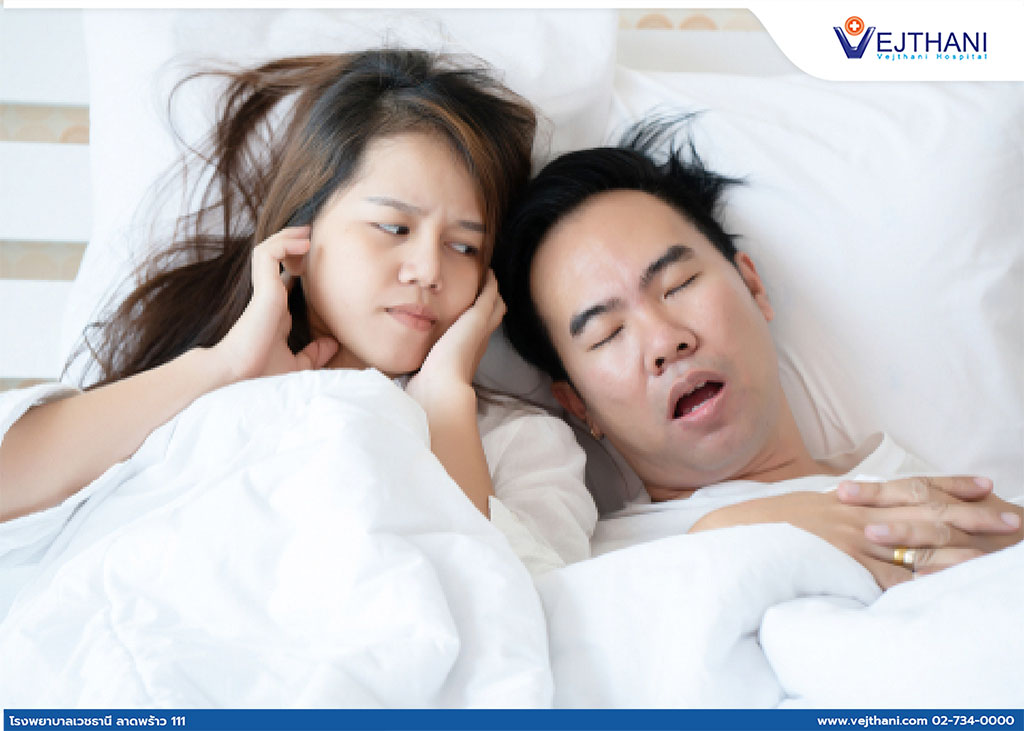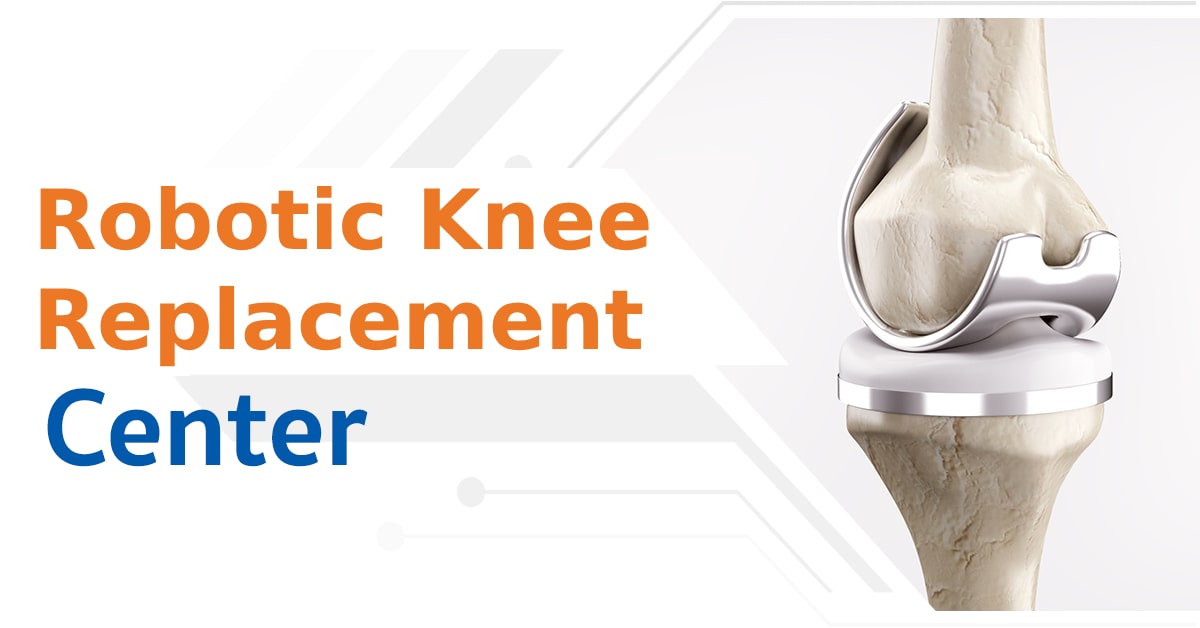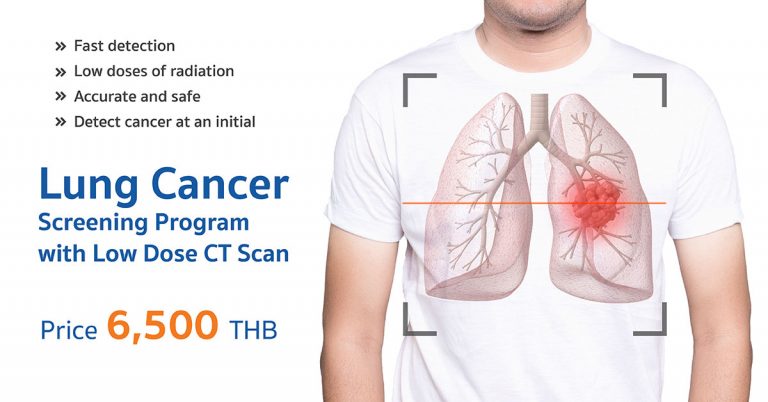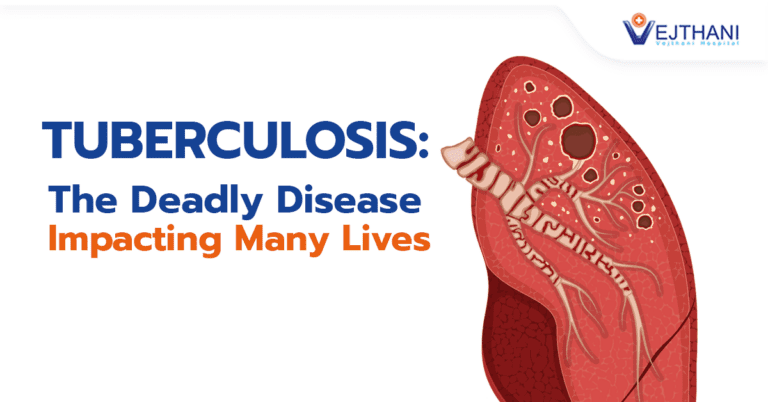

Quality sleep is crucial for our physical and mental well-being. It occupies about one-third of our lives and averages 8 hours per day. Sleep allows our bodies to recuperate after long days of daily work. However, some people experience abnormal breathing during sleep, preventing them from proper rest and straining the cardiovascular system and brain. This increases the risk of future health complications.
Dr. Tanakorn Tassaneyasin, a pulmonologist at Vejthani Hospital, stated that more people are experiencing sleep apnea these days. Snoring itself is not dangerous unless there are abnormal breathing patterns or breathing pauses during sleep. Patients with narrow airways may experience blockages that cause irregular, intermittent snoring during sleep. Sometimes, the snoring can be loud, alternating with soft phases, and there may be periods of complete cessation of snoring, indicating moments of apnea. This leads to a temporary decrease in oxygen levels in the blood before the brain awakens and prompts the airway to reopen so breathing is resumed. This cycle repeats throughout the night, causing a lack of oxygen supply in the brain, and the heart has to work harder to increase blood circulation. In the long term, if left untreated, it could increase the risk of cardiovascular diseases and other brain diseases.
Sleep abnormalities that require medical attention include abnormal snoring, excessive daytime sleepiness despite adequate sleep, waking up at night gasping for air and choking on your saliva or drowning, feeling short of breath during the night, pauses in breathing, unusual behaviors during sleep such as leg twitching, bruxism (teeth grinding), sleepwalking, and nightmares.
Advancements in medical technology these days are used for sleep test investigation, which can identify the type of snoring and assess the severity of sleep apnea. The test can also evaluate breathing patterns and their impact on heart and brain function during sleep.
Overview of the sleep test process:
- Brain waves diagnosis – To measure sleep depth, sleep efficiency, skeletal muscle activity during sleep, and sleep quality and detect the abnormalities in brain waves such as nocturnal seizures.
- Heart waves diagnosis – To examine if arrhythmias occur during sleep.
- Blood oxygen level measurement – To measure oxygen saturation during sleep and track whether breathing is pausing or slowing.
- Breathing measurement – To assess breathing patterns through nasal and oral cavities, and movements of chest and abdominal muscles while sleeping. It also identifies the type and severity of any abnormal pauses in breathing.
- Snore checking – To monitor the sound, pattern, frequency, and posture associated with snoring.
- Body position monitoring – To assess whether sleeping posture contributes to snoring or abnormal breathing.
Due to its complexity and equipment requirements, a standard polysomnography or sleep test should be conducted in the sleep laboratory under the supervision of a well-trained specialist. This examination provides insights into the quality and depth of sleep and any potential sleep-related issues. If frequent pauses in breathing are detected, a continuous positive airway pressure (CPAP) machine may be necessary, and the pressure may need to be adjusted to determine the optimal pressure level used to treat sleep apnea.
Sleep test takes at least 6-8 hours all night, which is a sleeping period for normal people. However, if the patient’s sleep time is shorter than 6 hours, the result is less reliable. Automated computer evaluation of the sleep test results may need to be corrected, requiring verification by a doctor or highly skilled specialist to ensure accuracy.
After a sleep test reveals abnormalities in snoring without obstructed airways, the doctor may recommend behavioral and lifestyle changes. These include weight loss, adjusting sleep patterns, avoiding sleeping on the back (which can obstruct airways), and abstaining from depressant-containing substances like alcohol, sleeping pills, sedatives, and certain allergy medications. It’s essential for patients to attend follow-up appointments for effective sleep management.
In cases of having more than 15 episodes of sleep apnea per hour, the doctor will prescribe positive airway pressure (CPAP), a highly effective standard treatment method with success rates ranging from 90% to 99%. However, a common issue with CPAP is the patient’s discomfort and feeling of congestion during sleep. Surgery is an alternative treatment option for some patients, which may effectively resolve sleep apnea, potentially reducing or eliminating the need for CPAP. Various surgical approaches are available based on the severity of sleep apnea and specific anatomical abnormalities of the face, nose, and mouth in each individual.
The sleep test, also known as standard polysomnography (PSG), is recognized as the gold standard for diagnosing sleep abnormalities, especially sleep apnea, which is considered one of the most serious disorders. If left untreated, it can have adverse effects on the brain, heart, and other organs. In severe cases, untreated sleep apnea can potentially lead to death during sleep.
For more information, please contact
Internal Medicine Center, Vejthani Hospital
Call: (+66)2-734-0000 Ext. 2200, 2204
English Hotline: (+66)85-223-8888
- Readers Rating
- Rated 5 stars
5 / 5 ( Reviewers) - Spectacular
- Your Rating


























